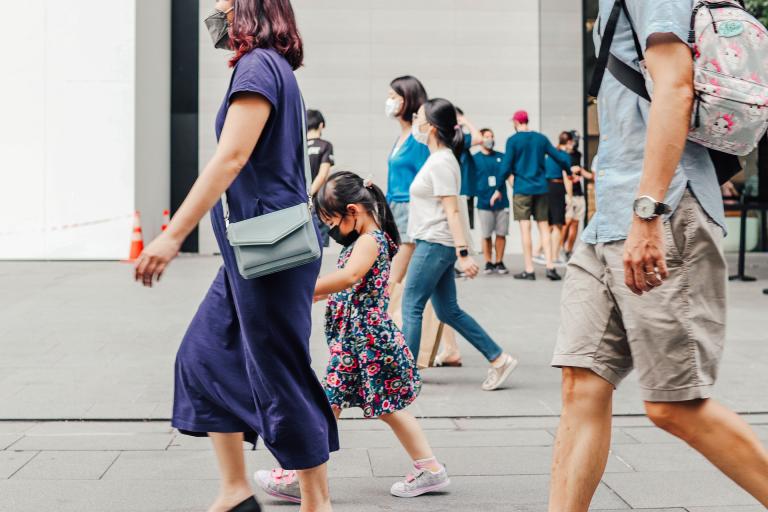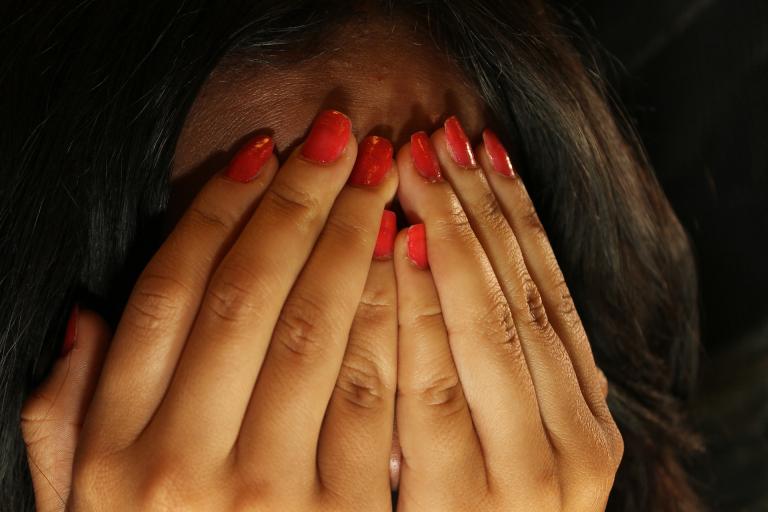When the pandemic was in full swing, many of us wondered about the impact of mask wearing and isolation on the development of children. We know that babies do best when we hold them, look into their eyes and make lots of facial expressions. But masks and isolation made this harder to do. Grandparents were not holding their grandkids due to COVID concerns and families were more isolated in their homes and wearing masks.
Well, a study at Brown University looked at these concerns. Using devices to measure the number of words spoken and vocalizations a child makes, they were able to measure language and talking. In their study, they found that COVID born babies were talking less and were slower to develop language. They also found that these babies were not as attentive, nor performed as well on cognitive tasks. And looking at imaging studies, their motor skills were less advanced than babies born pre pandemic.
So what does all of this mean?
Non-verbal cues covered up with masks
First, our brains are wired for connection. Babies, like all people learn by their interactions with caretaker and others. When they are in a new environment, they look around and read the facial cues of those who are holding them or who are in the room. That is how they learn. When the pandemic hit, isolation meant that fewer people interacted with babies and children. When we did interact, our faces were covered, making it harder for a child to read the nonverbal cues and the mouth -both help language development. The concern is that not seeing full facial expression could prompt academic problems in the future.
Lack of engagement
Another fall out from the pandemic on child development is the lack of engagement. The more you interact and talk to a baby/child, the better. Because of masks and isolation, these children were not looking at the eyes of other children or parents/adults when they are talking. Consequently, researchers observed more mumbling and frustrated at not communicating well. As a result, it takes longer to engage these children which again, impacts learning.
Corrections needed
In order to help these children develop better communication skills, experts suggest we do a few things:
- When with children and babies, put down all electronics and focus on the person. Look them in the eye and engage them in the moment. Children re curious and taking advantage of that curiosity by talking and interacting will be very important now.
- Make extra time to speak to them with good eyes contact and watching to see if they are looking at you. If you hear speech delays, work on them with a professional early on.
- Gather the family around the kitchen table and interact. Make this a daily activity so that infants and children are part of that important time and conversation. Talk and engage. Get grandparents to do the same.



